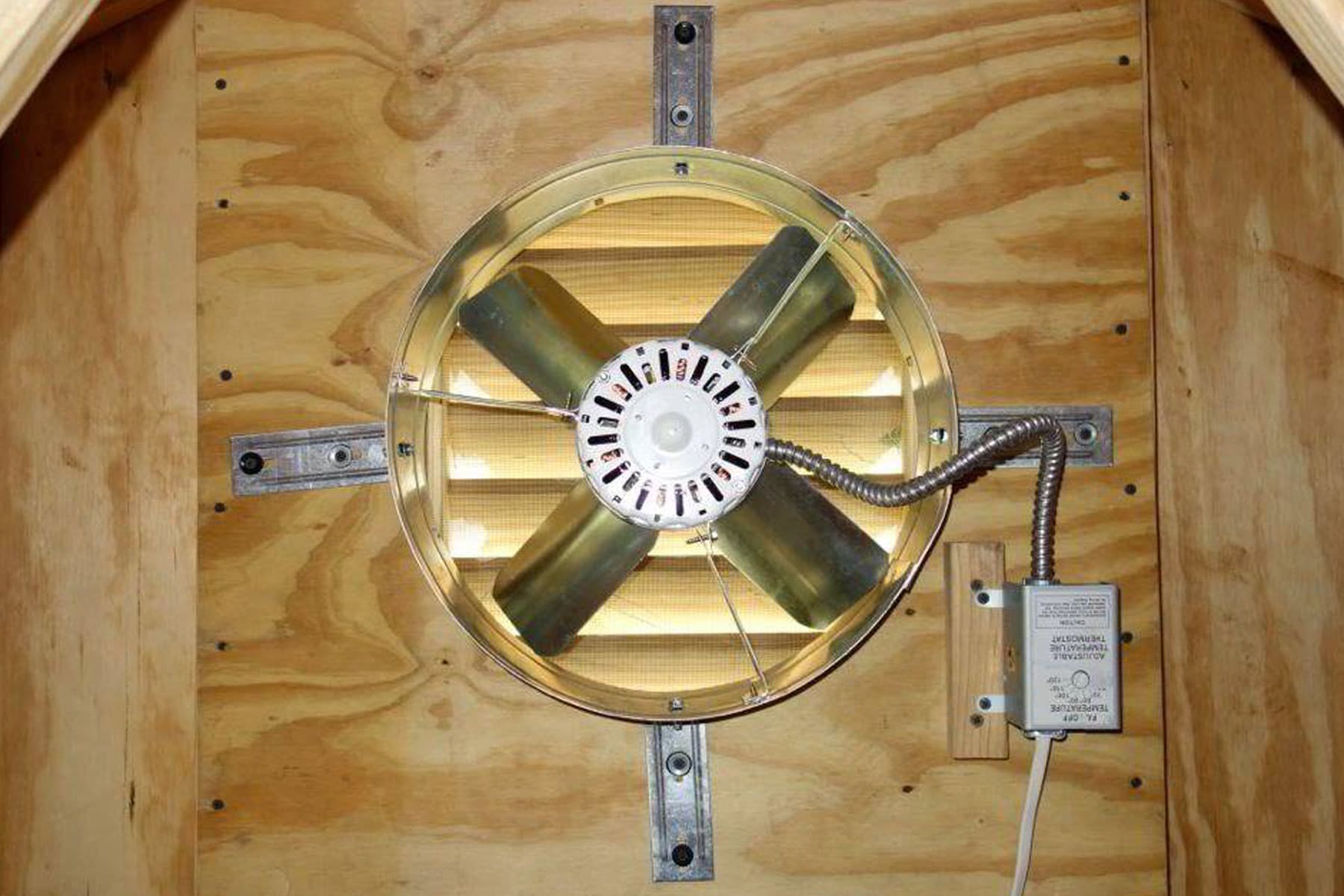

Articles
When To Use An Attic Fan
Modified: February 20, 2024
Discover the benefits of using an attic fan in this informative article. Learn when it is the ideal time to install and utilize an attic fan to improve your home's ventilation and energy efficiency.
(Many of the links in this article redirect to a specific reviewed product. Your purchase of these products through affiliate links helps to generate commission for Storables.com, at no extra cost. Learn more)
Introduction
Welcome to the world of attic fans, where innovation meets efficiency. If you have an attic space in your home, you may be wondering if installing an attic fan is the right choice for you. Attic fans are designed to regulate the temperature and air circulation in your attic, offering several benefits that can improve the overall comfort and energy efficiency of your home. In this article, we will explore the ins and outs of attic fans, their benefits, and when it’s the ideal time to install one.
Before we dive into the details, let’s have a brief overview of what attic fans are. An attic fan is an electrically-powered ventilation device that is installed in the attic space of a building. It works by drawing in cool air from outside and exhausting hot air from the attic, promoting better air circulation and reducing heat buildup. Attic fans come in different types, including roof-mounted fans, gable-mounted fans, and whole-house fans, each with its own set of features and installation requirements.
Now that we have a basic understanding of what attic fans are, let’s explore the benefits they offer. In the next section, we will discuss the advantages of using an attic fan in your home, ranging from improved energy efficiency to enhanced indoor air quality. So, let’s dive deeper into the world of attic fans and discover why they are a valuable addition to any homeowner’s arsenal.
Key Takeaways:
- Attic fans offer benefits such as temperature regulation, energy efficiency, and moisture control. Consider factors like insulation and climate before deciding to install one.
- Installing an attic fan is ideal for hot climates, poor insulation, inadequate ventilation, excessive energy consumption, and inconsistent temperature distribution. Consult professionals for personalized recommendations.
Read more: How To Use Attic Fan
Understanding Attic Fans
If you’re considering installing an attic fan, it’s important to have a clear understanding of how they work. Attic fans are designed to regulate the temperature and airflow in your attic space, helping to prevent heat buildup and moisture accumulation. By removing hot air and replacing it with cooler air from outside, attic fans can create a more comfortable environment and reduce the strain on your air conditioning system.
There are different types of attic fans available, each with its own installation requirements and benefits. Roof-mounted fans are installed on the roof and are ideal for homes with limited attic ventilation. These fans are designed to exhaust hot air out of the attic space and are typically controlled by a thermostat that turns them on and off based on the attic temperature.
Gable-mounted fans, on the other hand, are installed in the gable of the attic and are great for homes with gable vents. These fans work by pulling fresh air through the gable vents and exhausting hot air out of the attic, creating efficient airflow and preventing heat buildup.
Whole-house fans are another type of attic fan that can be used to cool your home. These fans are typically installed in the ceiling of the top floor and work by pulling in cool air from open windows and exhausting warm air into the attic and out through the attic vents. Whole-house fans are most effective in regions with cool evenings and are a cost-effective alternative to air conditioning.
Installation of attic fans requires careful consideration of various factors, including attic size, existing ventilation, and electrical requirements. It is essential to follow the manufacturer’s instructions and consult a professional if you are unsure about the installation process.
Now that we have a better understanding of attic fans and their different types, let’s explore the benefits they offer in the next section.
Benefits of Using an Attic Fan
Using an attic fan in your home can provide a wide range of benefits that contribute to a more comfortable and efficient living environment. Let’s take a closer look at some of the key advantages:
- Temperature regulation: One of the primary benefits of an attic fan is its ability to regulate the temperature in your attic. By effectively removing hot air and replacing it with cooler air from outside, attic fans prevent temperature buildup, especially during the hot summer months. This helps to reduce the strain on your air conditioning system and can lead to energy savings.
- Improved energy efficiency: Attic fans play a significant role in improving the energy efficiency of your home. By preventing heat buildup in the attic, they reduce the demand for air conditioning, resulting in lower energy consumption and reduced utility bills. Additionally, attic fans can help to reduce the workload on your HVAC system, prolonging its lifespan and reducing the need for repairs.
- Moisture control: Moisture accumulation in the attic can lead to various problems, including mold growth and structural damage. Attic fans help to expel excess moisture by promoting airflow and reducing humidity levels. This is particularly beneficial in humid climates or homes with improper ventilation systems.
- Enhanced indoor air quality: By improving ventilation in your home, attic fans can contribute to better indoor air quality. They help to remove stagnant air, odors, and pollutants that can accumulate in the attic space. This is especially important for homes with insulation, as it can prevent the buildup of harmful pollutants, such as formaldehyde.
- Extended roof lifespan: Excessive heat in the attic can accelerate the deterioration of roofing materials. Attic fans help to reduce the temperature in the attic, which in turn helps to prolong the lifespan of your roof. By minimizing heat-induced expansion and contraction of the roofing materials, attic fans can prevent premature roof damage and the need for costly repairs.
These are just a few of the many benefits that attic fans offer. However, it’s important to consider certain factors before deciding to install an attic fan in your home. Let’s explore these factors in the next section.
An attic fan is most effective in hot climates where the attic temperature regularly exceeds 100°F. It helps to reduce the load on your air conditioning system and can also prevent moisture buildup in the attic.
Factors to Consider
While attic fans offer numerous benefits, there are several factors to consider before deciding to install one in your home. These factors will help you determine if an attic fan is suitable for your specific situation:
- Attic insulation: Before considering an attic fan, it is crucial to assess the insulation in your attic. Insufficient or poorly installed insulation can hinder the effectiveness of an attic fan. If your attic is not properly insulated, it is recommended to address that issue first before installing a fan.
- Attic ventilation: Attic fans work best in conjunction with proper attic ventilation. Adequate ventilation helps to prevent moisture buildup and promotes airflow. Assess the current ventilation in your attic to ensure it is sufficient. If not, it may be necessary to add additional vents or improve the existing ones.
- Climate: Depending on your climate, an attic fan may be more or less beneficial. Attic fans are most effective in warmer climates where attics tend to accumulate excessive heat. If you live in a region with cooler temperatures or mild summers, the benefits of an attic fan may be limited.
- Roof type: The type of roof you have can also impact the suitability of an attic fan. Some roofs, such as metal roofs, may already have built-in ventilation systems that negate the need for an attic fan. Similarly, roofs with complex designs or limited space may pose installation challenges.
- Noise and energy consumption: Attic fans can produce some level of noise during operation. Consider the location of your attic in relation to living areas and bedrooms to ensure that the noise does not become a disturbance. Additionally, attic fans consume electricity, so it’s important to factor in their energy usage and cost when making your decision.
Considering these factors will help you determine if an attic fan is suitable for your home. It’s also advisable to consult with a professional to assess your specific situation and provide recommendations tailored to your needs.
Now that we have explored the factors to consider, let’s move on to discussing when it’s the ideal time to install an attic fan.
When to Use an Attic Fan
Deciding when to install an attic fan depends on various factors, including climate, attic insulation, and ventilation. Here are some scenarios when installing an attic fan can be beneficial:
- Hot climates: If you live in a region with hot and sweltering summers, an attic fan can be highly beneficial. It helps to remove hot air from the attic, preventing heat buildup and reducing the strain on your air conditioning system.
- Poor attic insulation: If your attic lacks proper insulation, installing an attic fan can help mitigate the effects of heat transfer. The fan can help exhaust hot air and bring in cooler air from outside, keeping the attic temperature down.
- Inadequate ventilation: If your attic has limited or inadequate ventilation, an attic fan can improve airflow and prevent moisture buildup. It helps to expel stagnant air and reduce humidity levels, which is especially important in preventing mold growth and structural damage.
- Excessive energy consumption: Installing an attic fan can help reduce the energy consumption of your HVAC system. By regulating the temperature in the attic, the fan can lower the overall cooling load on your air conditioner, leading to potential energy savings.
- Inconsistent temperature distribution: If you notice significant temperature differences between different areas of your home, an attic fan can help equalize the temperature by promoting better whole-house ventilation. This is particularly true if you have a two-story home, as an attic fan can assist in pulling cool air from the lower level to the upper level.
It’s important to consider these factors and assess whether they apply to your specific situation. Installing an attic fan can be a valuable investment, but it is essential to evaluate your unique needs and consult with professionals if you are uncertain about whether an attic fan is the right choice for your home.
Now, let’s summarize the key points we’ve discussed so far.
Read more: Who Repairs Attic Fans
Conclusion
Attic fans can be a valuable addition to any home, offering a range of benefits that contribute to a comfortable and energy-efficient living environment. By regulating temperature, improving ventilation, and preventing moisture buildup, attic fans can help enhance the overall comfort and wellbeing of your home.
Before deciding to install an attic fan, it’s important to consider factors such as attic insulation, ventilation, climate, roof type, and energy consumption. These factors will help determine if an attic fan is suitable for your specific needs and circumstances.
If you live in a hot climate, have poor attic insulation, inadequate ventilation, excessive energy consumption, or inconsistent temperature distribution, an attic fan can be an excellent solution to address these issues. By reducing heat buildup, improving airflow, and enhancing energy efficiency, an attic fan can make a significant difference in your home’s comfort and energy consumption.
When considering the installation of an attic fan, it’s important to consult with professionals who can assess your specific situation and provide expert guidance. They can help determine the most suitable type of attic fan and offer recommendations tailored to your home’s needs.
In summary, attic fans are a valuable tool for regulating temperature, improving ventilation, and enhancing energy efficiency in your home’s attic. They offer a range of benefits, including reduced energy consumption, improved indoor air quality, and extended roof lifespan. By carefully considering the factors and consulting with professionals, you can determine whether an attic fan is the right choice for your home.
So, if you’re ready to enhance the comfort and efficiency of your home, it may be time to consider installing an attic fan.
Frequently Asked Questions about When To Use An Attic Fan
Was this page helpful?
At Storables.com, we guarantee accurate and reliable information. Our content, validated by Expert Board Contributors, is crafted following stringent Editorial Policies. We're committed to providing you with well-researched, expert-backed insights for all your informational needs.
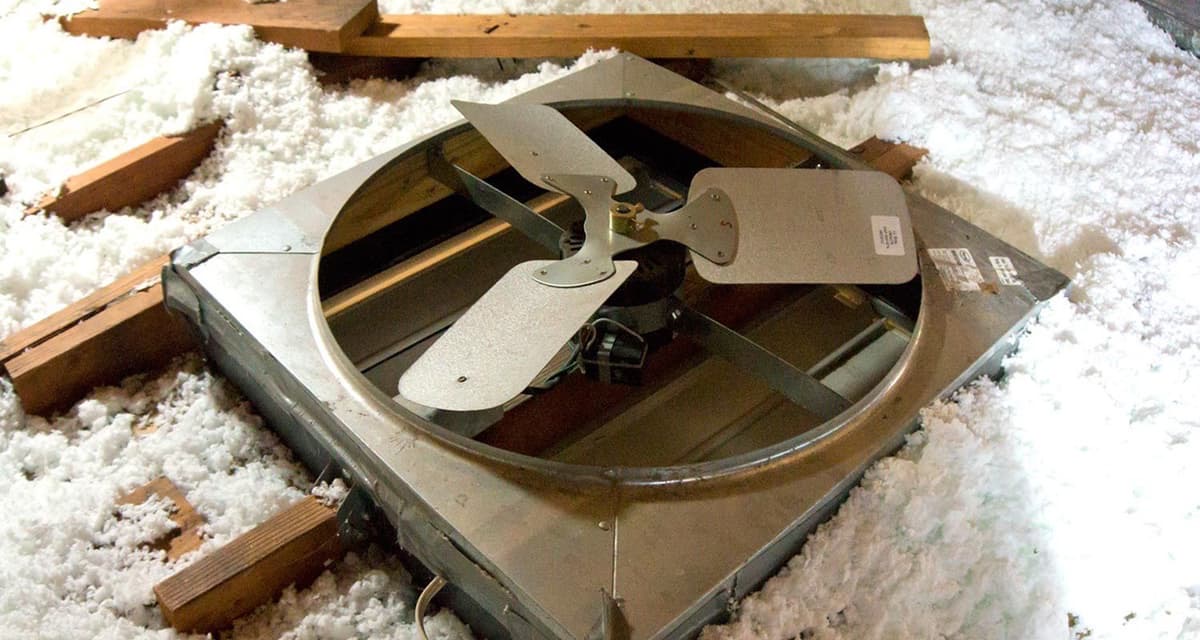
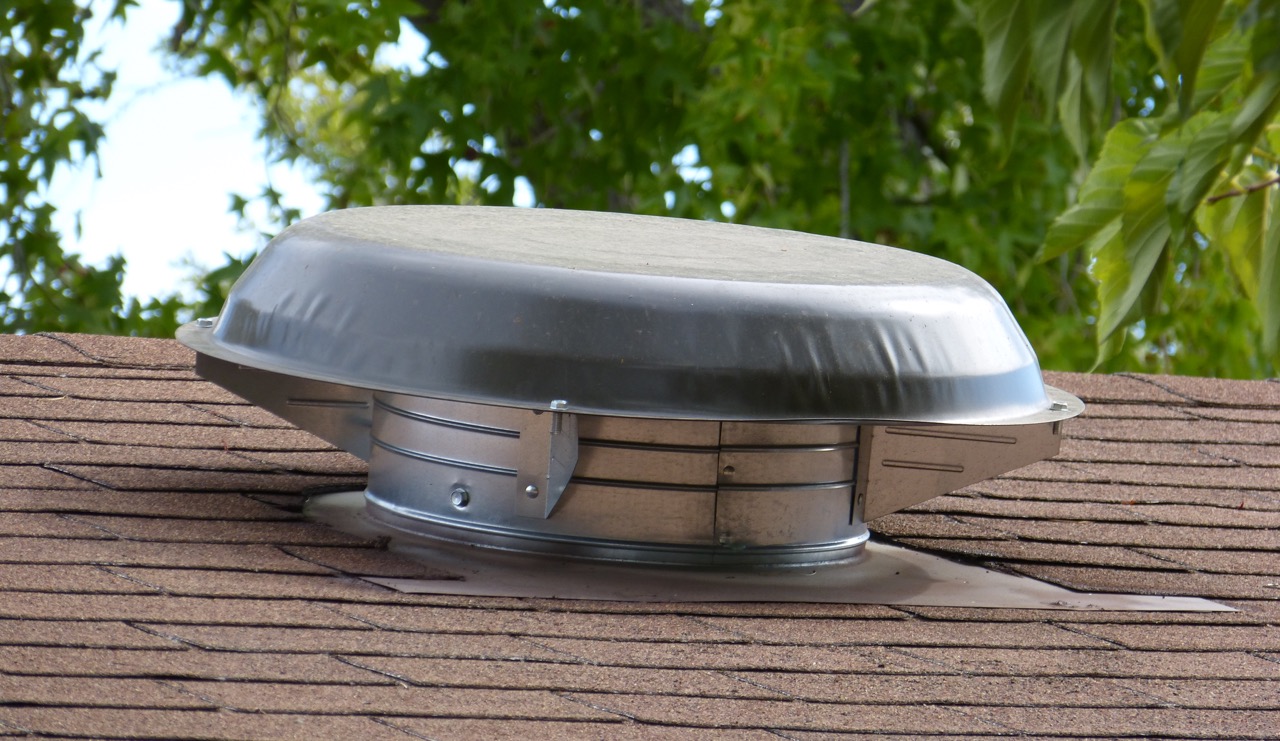
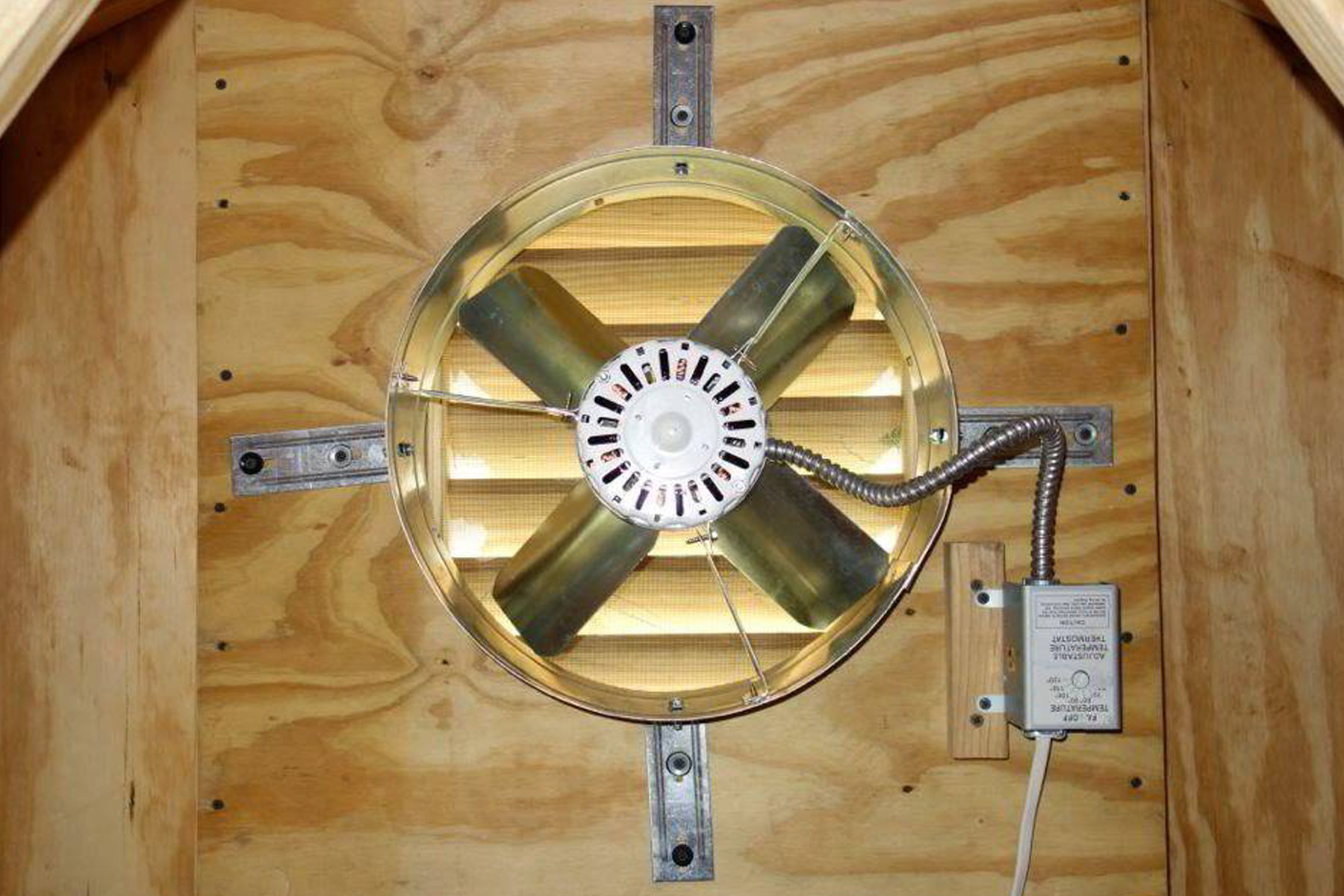
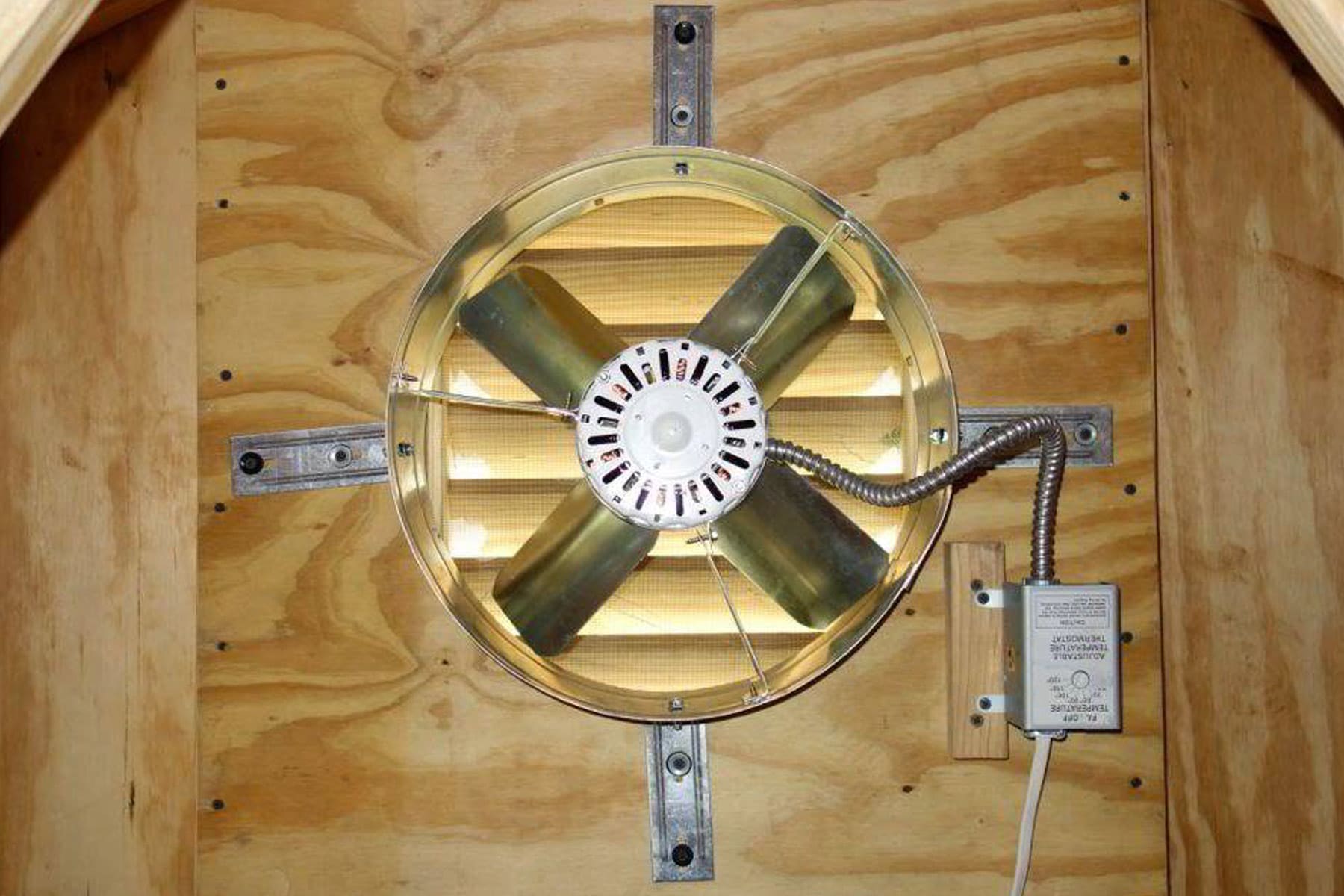
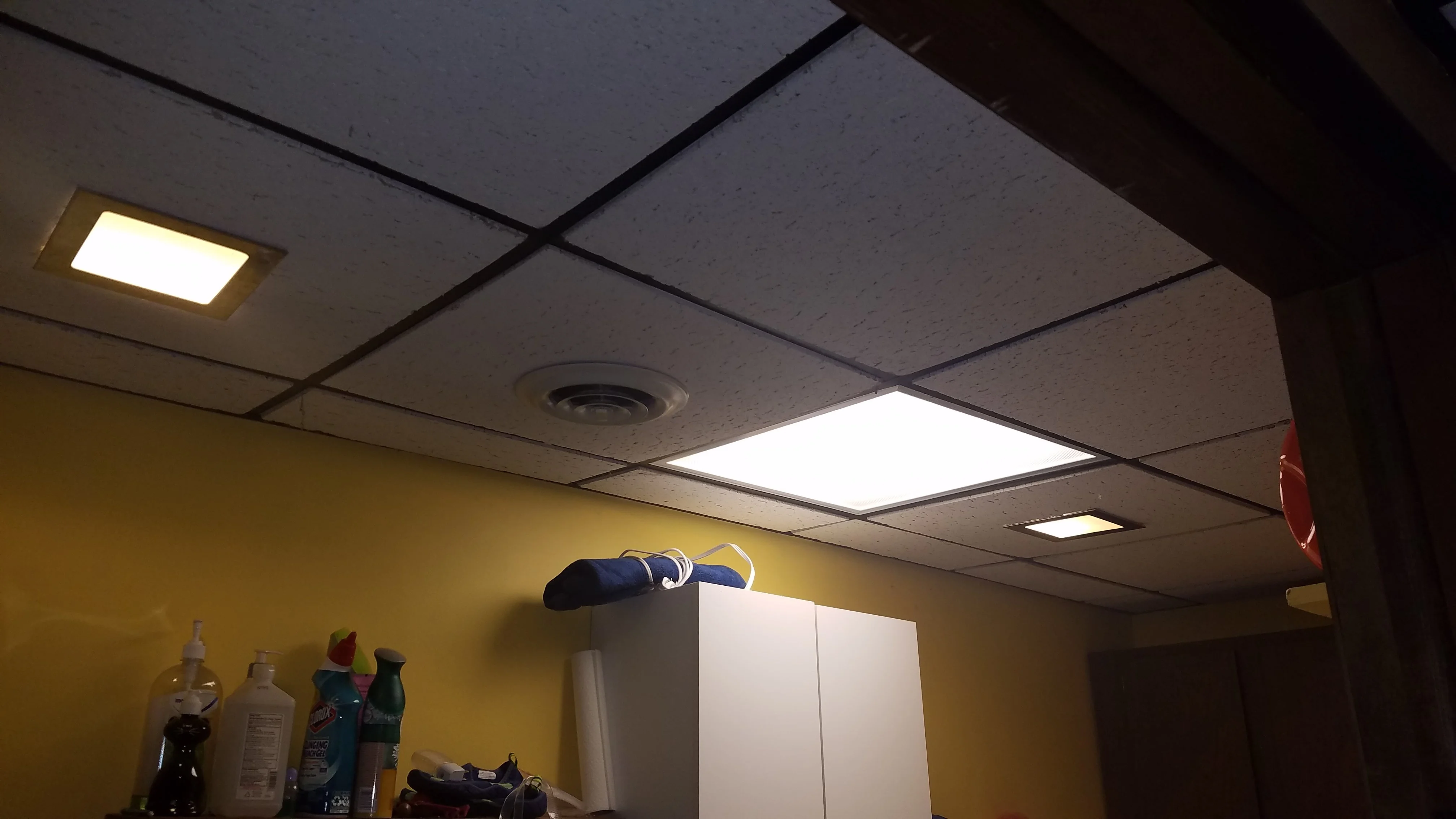
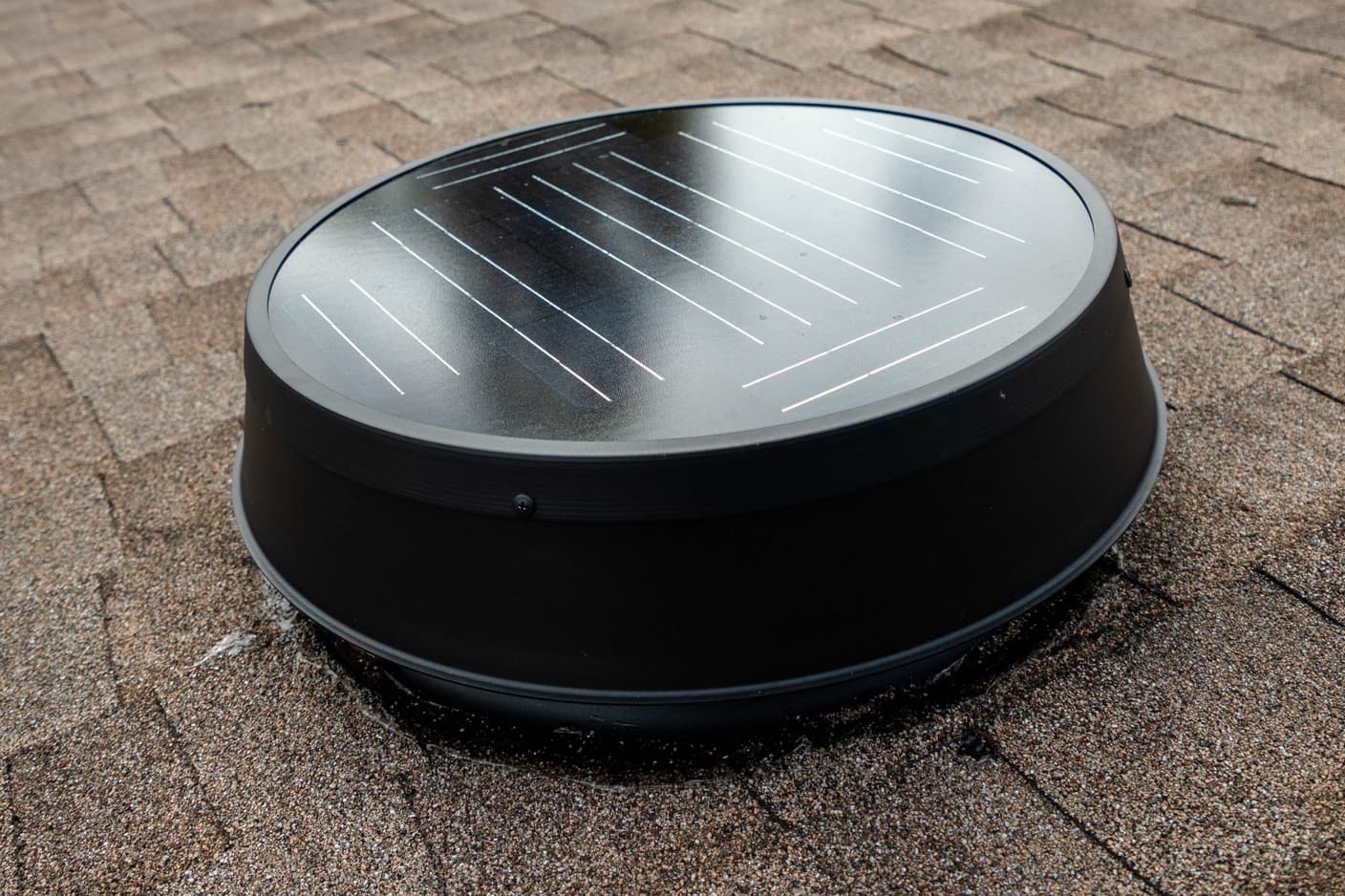
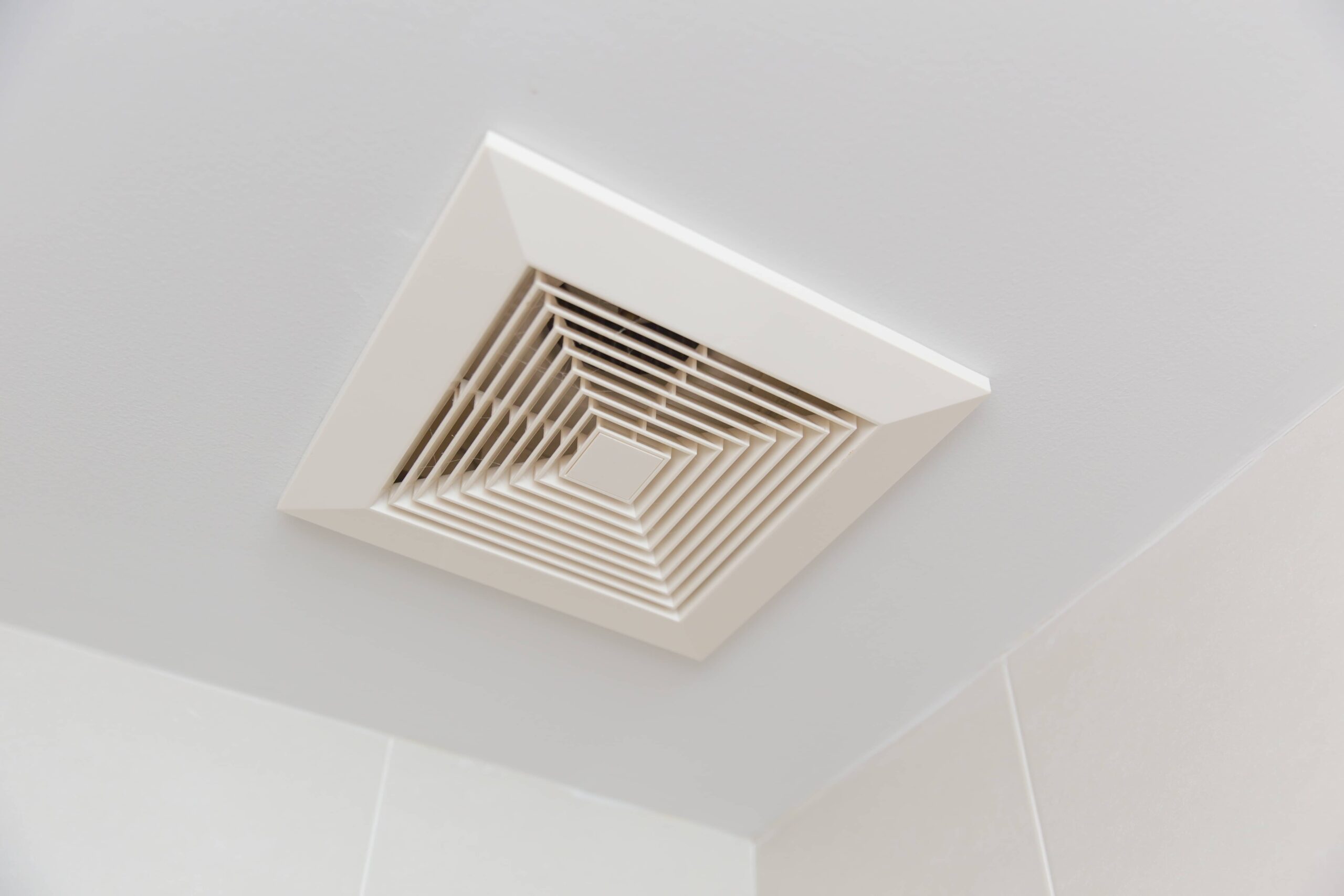
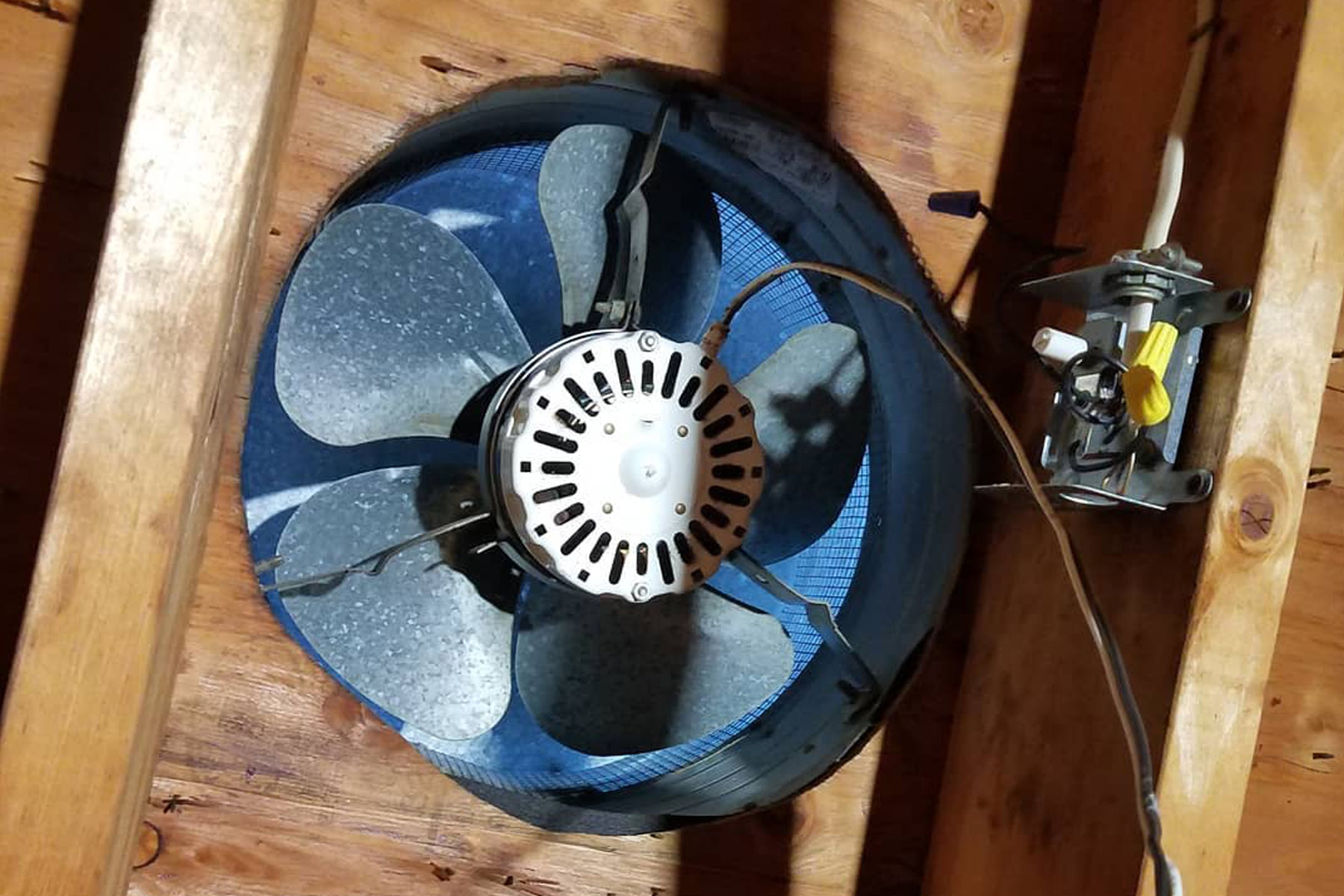
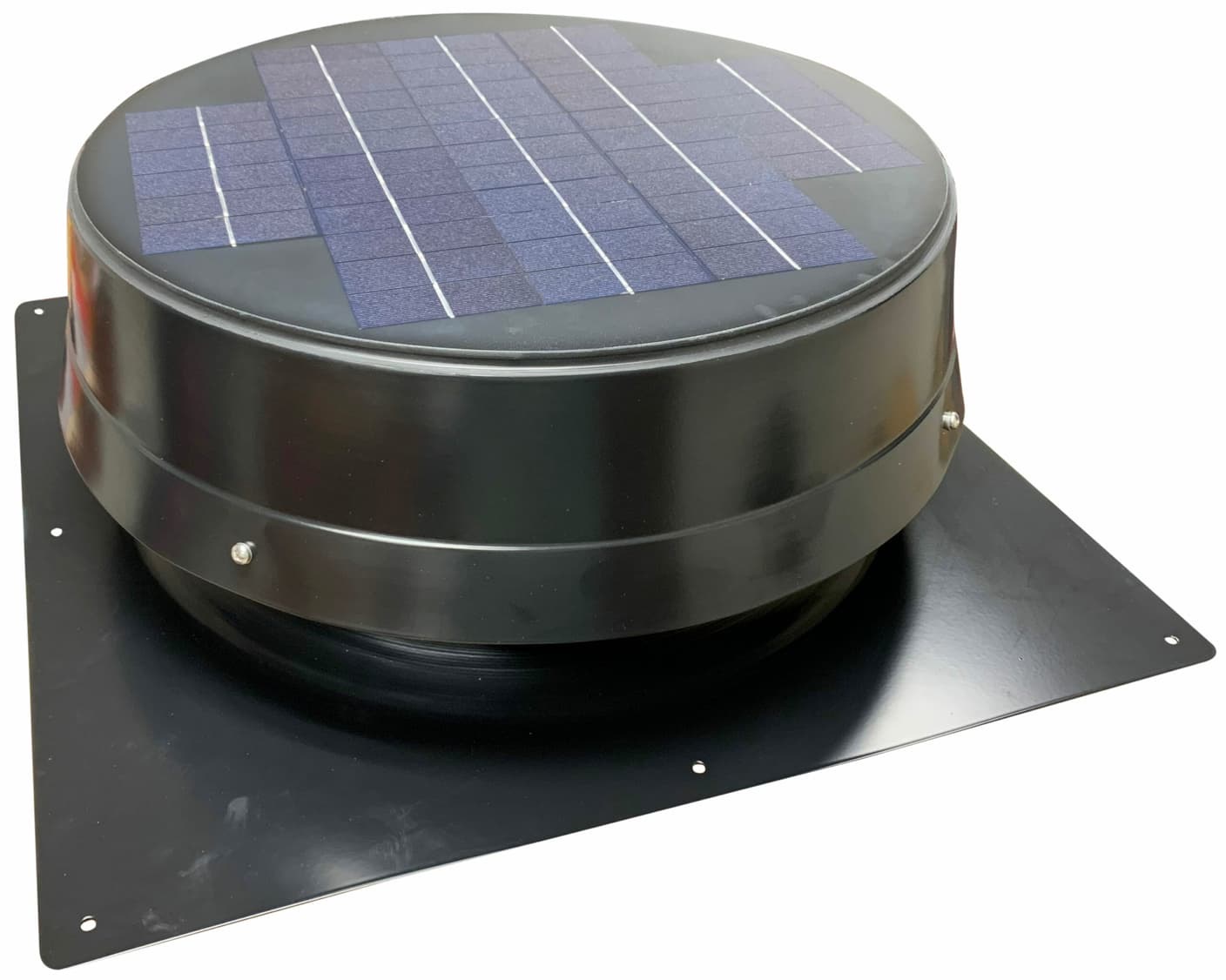
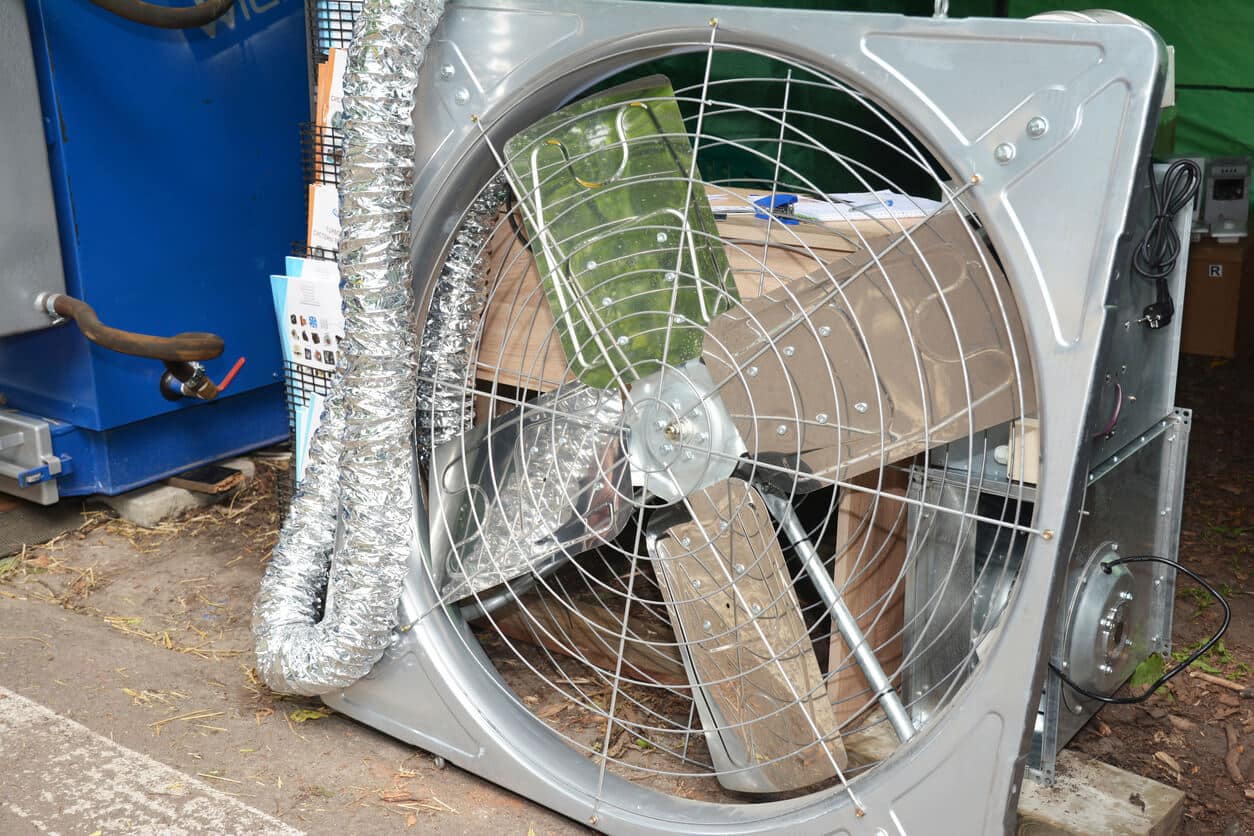
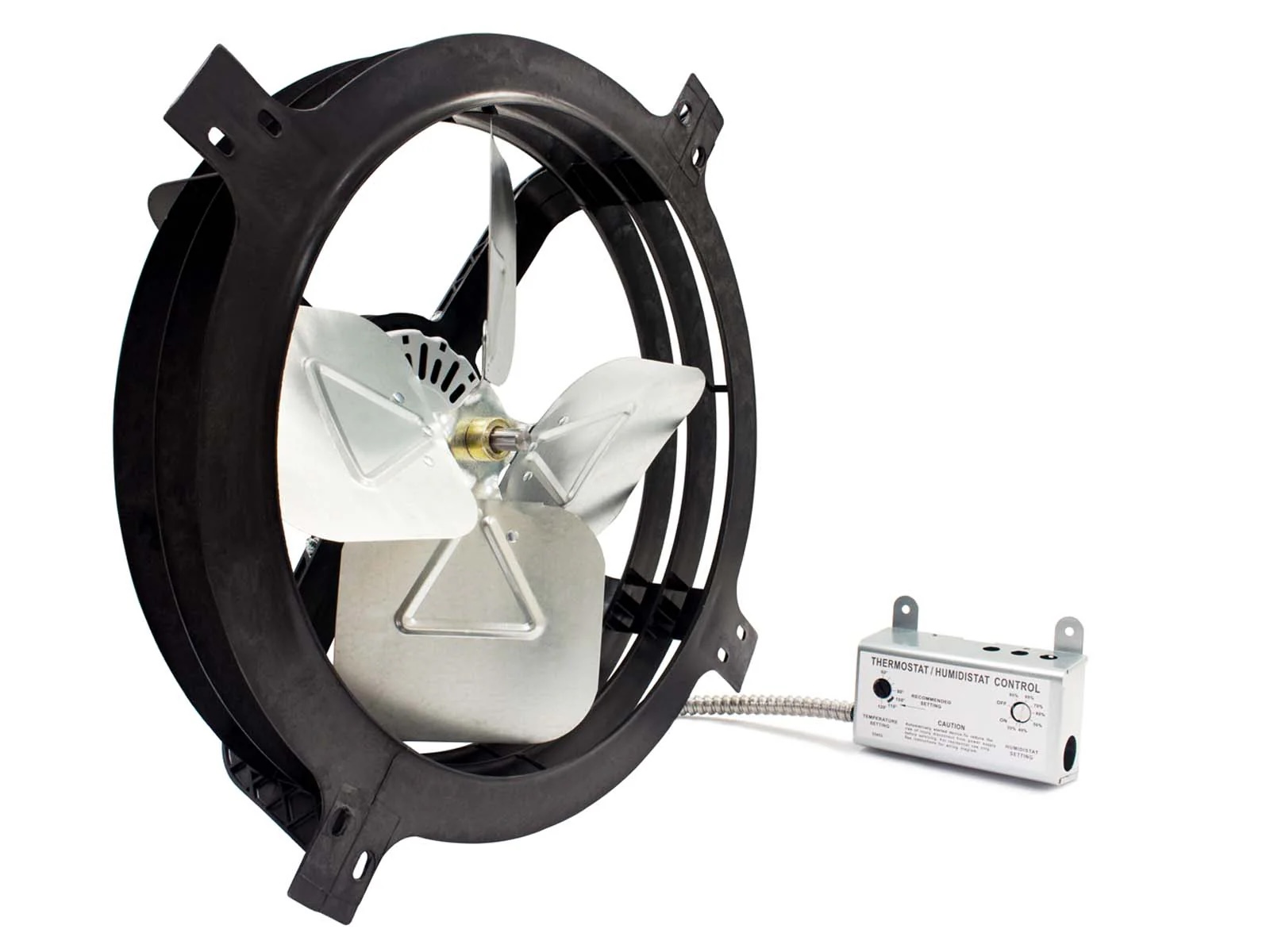
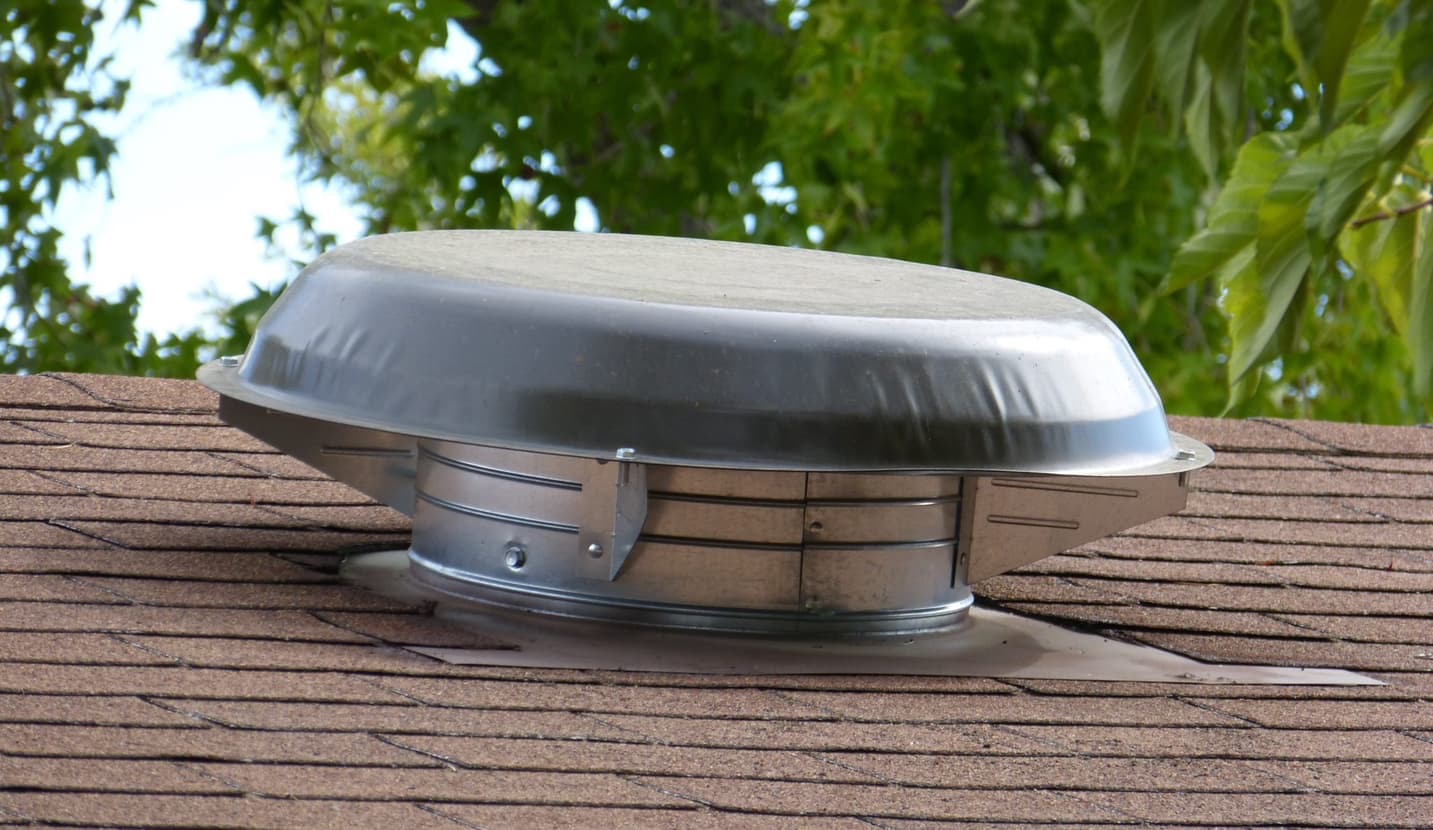
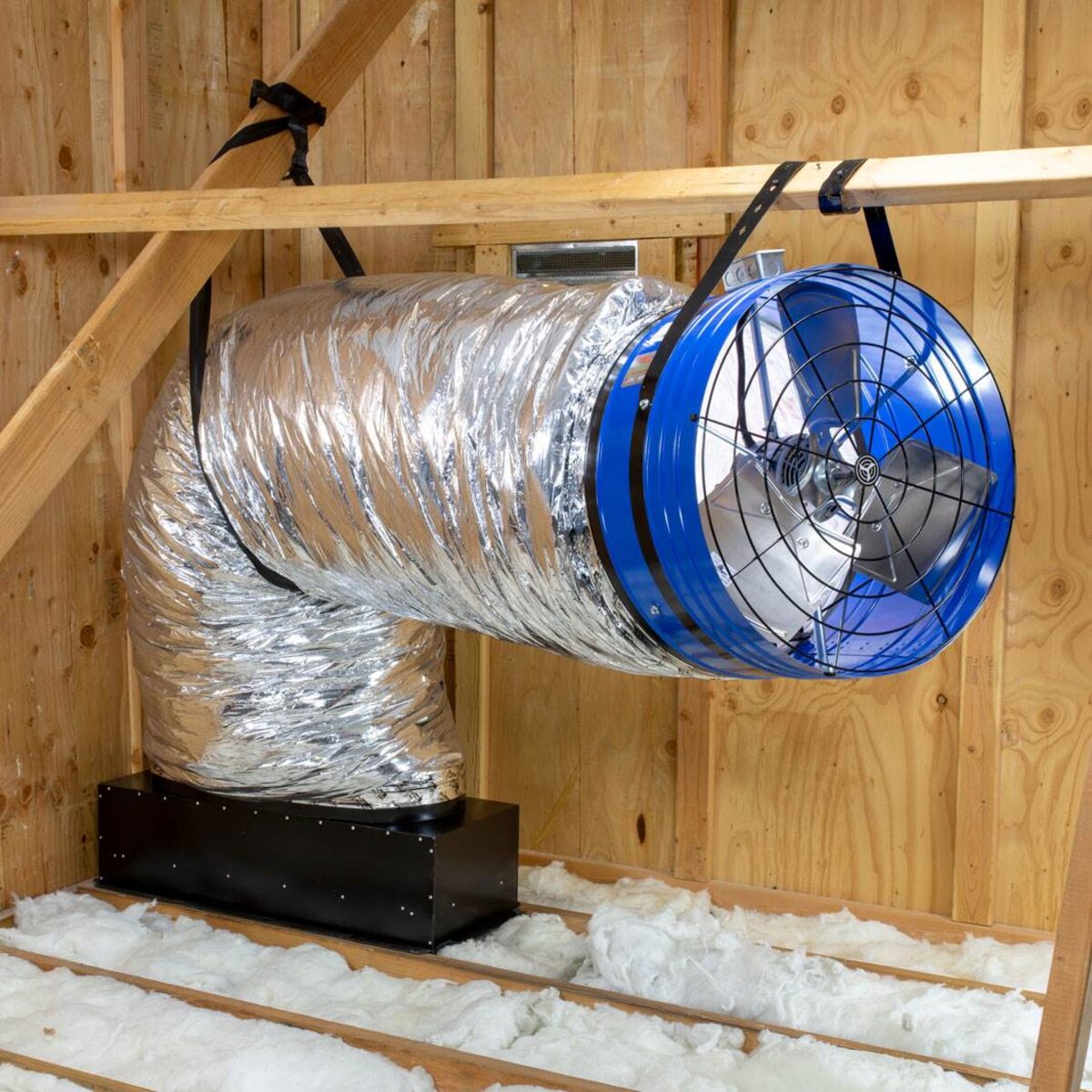
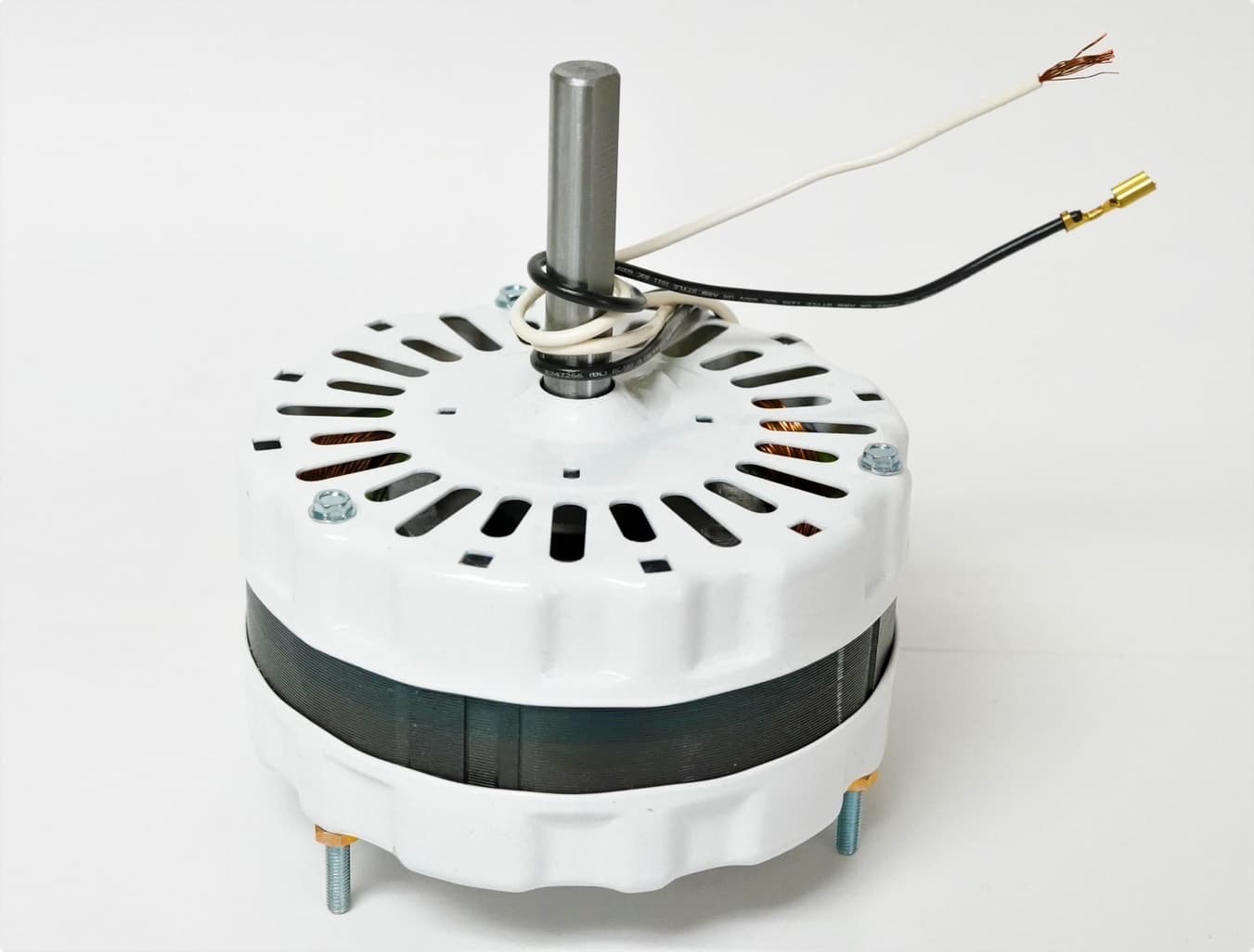

0 thoughts on “When To Use An Attic Fan”